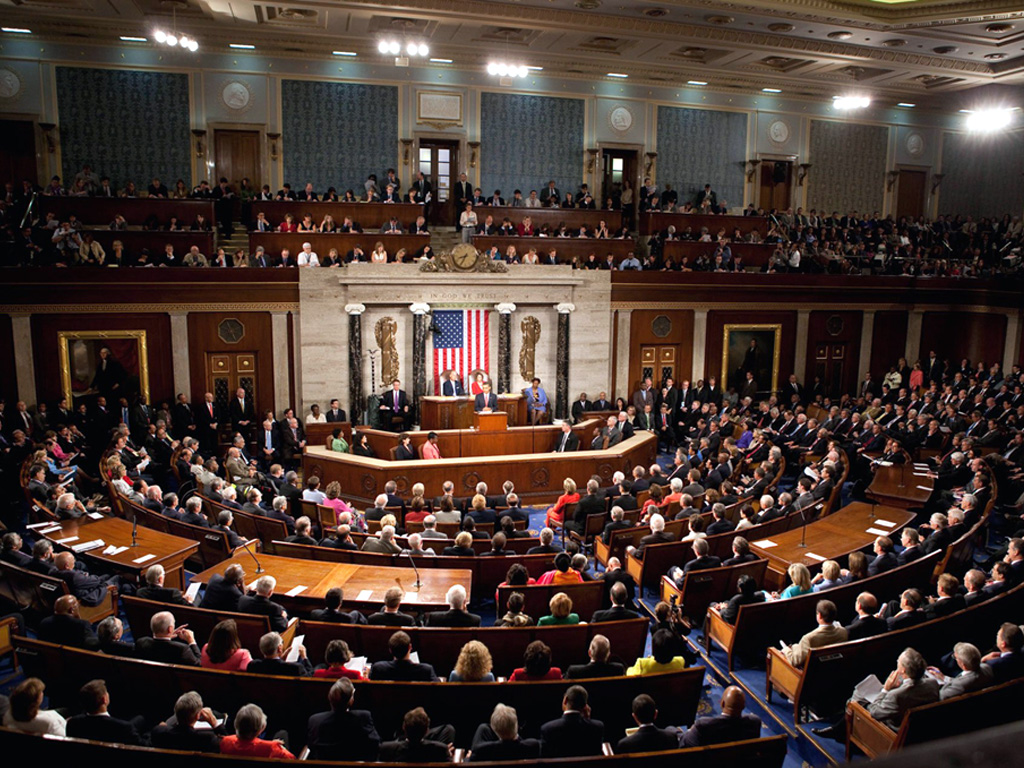 WASHINGTON: The US Senate on Thursday will try to complete a months-long effort by lawmakers and the Trump administration to set spending levels for the next two years for the military and numerous domestic programs while also temporarily suspending limits on government borrowing authority.
WASHINGTON: The US Senate on Thursday will try to complete a months-long effort by lawmakers and the Trump administration to set spending levels for the next two years for the military and numerous domestic programs while also temporarily suspending limits on government borrowing authority.
Senators were poised to vote on a bill, backed by Republican President Donald Trump and already passed by the Democratic-controlled House of Representatives, authorizing $2.75 trillion in new spending through Sept. 30, 2021.
Meanwhile, the statutory limit on Treasury Department borrowing would be suspended until at least July 31, 2021, erasing the possibility of a default on debt through the November 2020 US election.
The legislation "ensures our federal government will not approach any kind of debt crisis in the coming weeks or months," Senate Majority Leader Mitch McConnell, a Republican, said in urging passage of the bill.
If passed by the Senate and signed into law by Trump, the legislation would add significantly to annual federal budget deficits that already were projected to climb to $1 trillion in the short-term.
It also would virtually guarantee that Trump's campaign vow in 2016 to erase government debt within eight years would not only go unfulfilled, but that debt would significantly rise during his current four-year term in office.
Since Trump took office in January 2017, US debt has risen by around $2.5 trillion and is rapidly rising above the $22.5 trillion mark it is now at - a level some experts see as dangerously high.
In the face of some conservatives revolting against the bill's higher spending on non-defense programs, McConnell urged passage saying, "This is the deal President Trump is waiting and eager to sign into law."
Trump, writing on Twitter, called the budget deal "phenomenal" and, in urging support from conservative senators, added, "Go for it Republicans, there is always plenty of time to CUT" spending.
Under the bill, defense spending would rise from an already robust $716 billion this year to $738 billion in fiscal 2020, which begins on Oct. 1, and to $740.5 billion the following fiscal year.
Meanwhile, non-defense programs - ranging from border patrol to civil rights enforcement, forest management, space exploration and health programs - would rise from the current $605 billion this year to $632 billion next year and $634.5 billion the following year.
These "discretionary" programs do not include trillions of dollars spent each year on "mandatory" programs including Social Security retirement benefits and Medicare and Medicaid healthcare for the poor and elderly.
In September, Congress will still have to work out how the money will be distributed to specific programs. Failure to do so by Sept. 30 could lead to new partial government shutdowns.























Comments
Comments are closed.